 In this short video, I want to talk about the alphabet soup that is SEO and PPC and which is right for you. Both have their plusses and minuses, and I'm simply going to go through and explain what some of them are.
In this short video, I want to talk about the alphabet soup that is SEO and PPC and which is right for you. Both have their plusses and minuses, and I'm simply going to go through and explain what some of them are.
Let's start with SEO, or Search Engine Optimization. SEO is what many people think of when they think of marketing on the internet. What it generally means is manipulating the system to give your particular web-page a higher listing in the "organic" search listings, which is the main part of google or bing when you search. So if you were a Chiropractor in Reno or a Dentist in Pheonix, it could be a great boon to your business to have your web-page be one of the top listings that people see when they search for a Chiropractor or a Dentist in your area.
Now, a lot of things have changed in the world of SEO lately: There were Google's Penguin and Panda algorithm updates that made some SEO attempts invalid overnight (particularly building thousands of "back links" that pointed to your page for key terms (for instance, our dentist could have paid a guy with 10,000 websites to make a hyper-link that read "dentist in Phoenix" and have it redirect to his web-page). In fact, the biggest driving factors of search are now social indicators (likes, tweets, plus ones, etc). Google and other search engines have found that actually being liked by real people and shared tends to be a better indicator of quality than half a million back-links and citations.
There's the fact that, for Local Businesses Google now gives preference to their own "yellow-pages style listings" that appear now above most or all of the "orgnaic webpage results" that SEO used to target.
The biggest benefits of SEO, when it's done well, is it establishes you as a leader in your community. If every time someone searches for a roofer or a plumber and they see you, generally that means you'll get a lot of business (as long as you don't have a sour reputation). How big of a deal is that? Well, every single month, thousands of people search for a dentist in phoenix and a chiropractor in Reno. And thousands are searching for you, too. If you're in front of them, you're getting business.
The biggest draw-back to SEO is the commitment it takes on your part. It is incredibly time intensive to do it yourself, and it can be expensive as an "up front" cost, the results of which you generally won't see for months. But when the results come in, it can be wonderful
On the other hand, we have PPC or Pay -Per-Click advertising. Now, we know that page one of Google is the place to be. 80 to 97% of all searches stay on page one (there's a joke: where do you hide the evidence? on page two of Google!). So, given this fact, Google is willing to let businesses PAY to get on to page one. This can be a huge boon, as such advertising has nearly rendered the yellow-pages completely irrelevant. In fact, with proper ad design, key word research, and a well designed landing page, many businesses thrive solely off of PPC advertising.
The plus side is it's nearly instant, and it sends people where ever you want them to go, not just your main website. If an ad isn't working well, you can change it on the fly, or pause them if you've got more leads than you can handle.
Of course, PPC is a quick fix in some senses - you only get leads when you're spending (but generally, that doesn't matter, as properly generated leads that convert will more than pay for the cost of advertising), but it can be daunting. Chiropractors in Denver will pay about 9 dollars every time somebody clicks on their ad, regardless of whether they become a customer or not. Personal injury attorneys have it the worst, often paying over 100 PER CLICK.
So when you think of SEO, think of a long term investment that doesn't pay off right away.
When you think of PPC, think of a quick infusion of customers.
Which is right for you? Well, that depends. Both can be amazing ways to grow your business - when done correctly. And often (but not always) I recommend a "diversified" advertising portfolio that encompasses both.
If you want to talk about which is right for your business, fill out the form at the top of the page, and let's talk. It's on the house, regardless of whether or not we do business together personally or not.
